Trump Administration Launches 175 Federal Investigations into H-1B Visa Abuse, Targeting Companies Accused of Replacing American Workers with Foreign Labor
The Trump administration has launched one of the largest labor integrity operations in U.S. history, opening at least 175 investigations into alleged H-1B visa abuse by major corporations accused of displacing American workers with cheaper foreign labor. The announcement, confirmed Friday by the Department of Labor and verified by Fox News and MSN, marks a sweeping revival of President Trump’s long-standing “Hire American” agenda—this time backed by enforcement muscle and public demand for accountability.
The H-1B visa program, created in 1990, was designed to allow U.S. companies to hire foreign professionals for specialized roles when no qualified American worker could be found. But over the years, critics have argued the system has become a loophole—one that allows tech giants, outsourcing firms, and even household-name retailers to replace domestic employees with imported labor, often at lower wages. Trump’s latest move signals a direct challenge to that culture of exploitation, with investigators now combing through records of firms accused of violating federal labor standards and displacing American citizens in violation of the law.
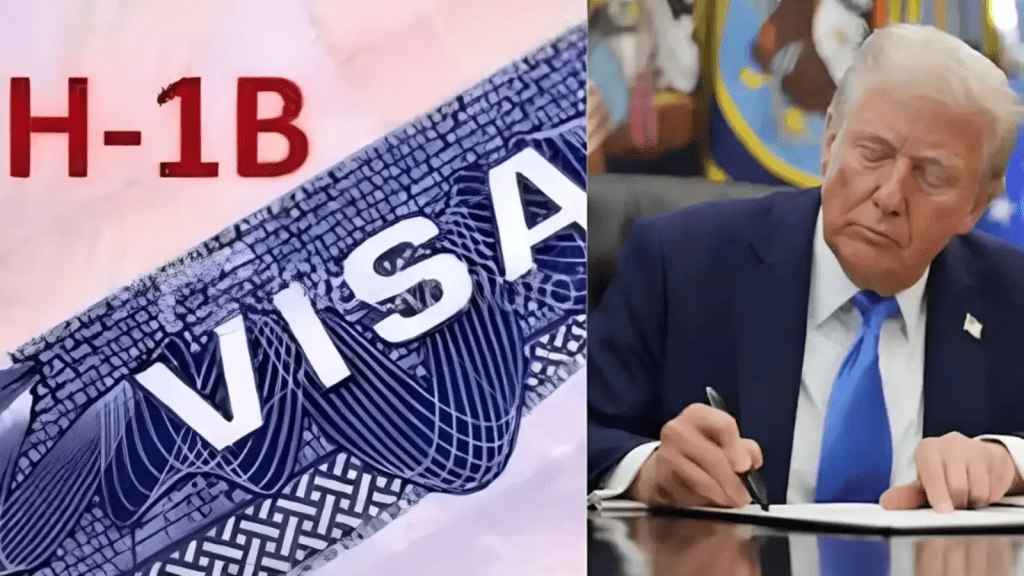
According to administration officials, the investigations span multiple sectors, from information technology and engineering to healthcare and finance. The Department of Labor’s Wage and Hour Division is reportedly working alongside the Office of Inspector General and the Department of Homeland Security to audit compliance reports, payroll records, and visa sponsorship filings. In some cases, companies are suspected of using shell contractors to mask labor outsourcing, while others allegedly falsified “prevailing wage” attestations to justify paying imported workers less than U.S. citizens in equivalent roles.
A 2023 USCIS report showed that more than 72% of all H-1B visas were granted to Indian nationals, many funneled through major outsourcing firms like Infosys, Wipro, and Tata Consultancy Services. These firms often partner with American companies to provide contract labor—a practice legal in itself but controversial when it results in U.S. employees being laid off and replaced. Several high-profile lawsuits in recent years have brought this issue to public attention, including cases against Disney, Toys “R” Us, and Southern California Edison, where laid-off American workers were reportedly required to train their foreign replacements before termination.
That narrative struck a chord with Trump’s base years ago, but this week, it returned to center stage. The president’s economic team has been quietly preparing this move for months, tying it directly to his 2026 re-election strategy centered on “economic fairness and sovereignty.” A senior Labor Department official told reporters that the investigations are “not symbolic—they are structural,” adding that companies found guilty of abuse could face civil penalties, loss of visa privileges, and possible criminal referrals for fraud.
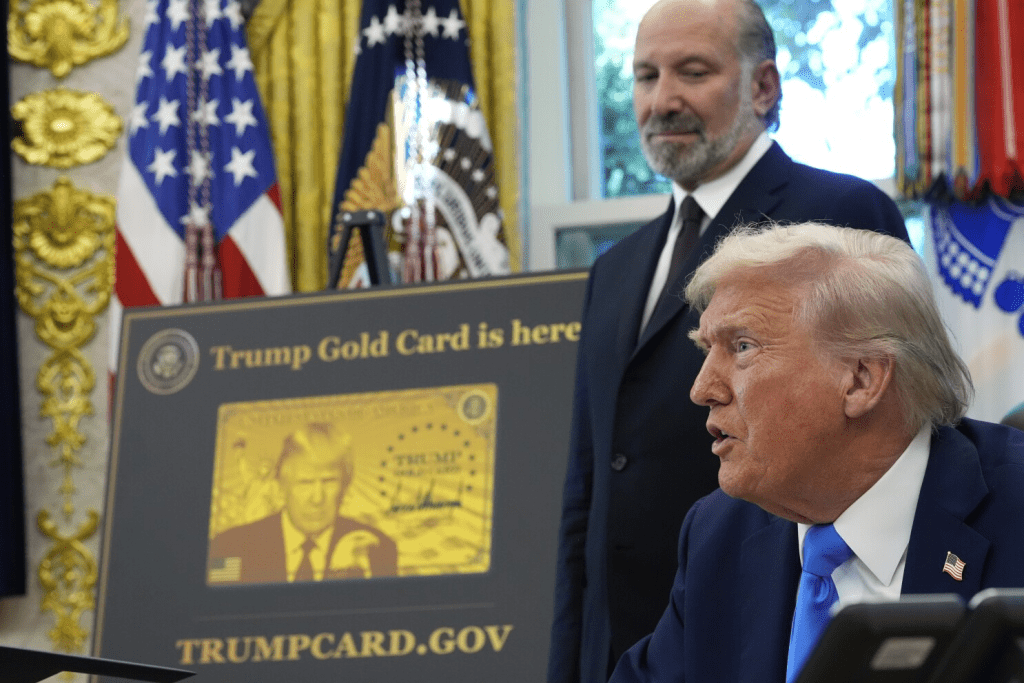
Public response has been overwhelmingly supportive. The original announcement thread on social media amassed millions of views within hours, with Americans across political lines praising the crackdown. Replies from manufacturing, construction, and tech workers echoed a single sentiment: “It’s about time.” One comment that gained traction read, “Every visa given to someone abroad should first be proven impossible to fill by someone here. That’s common sense.” Others called for even tougher measures, urging the administration to limit remote international hiring that circumvents domestic payroll taxes and labor laws.
Trump himself has leaned into the issue, framing it as both an economic and moral imperative. Speaking briefly outside the White House before leaving for a Florida rally, he said, “We love great talent coming to America—but not when it’s replacing our own people. The system has been abused for decades, and we’re finally fixing it.” Those remarks mirror his earlier campaign pledges from 2016 and 2020 but come now with renewed urgency as job market confidence grows and inflation pressures cool.
The renewed focus also follows a broader economic shift. Despite strong GDP numbers and record market highs, polls continue to show that many Americans feel disconnected from economic progress, especially in sectors affected by outsourcing. The administration’s strategy, insiders say, is to demonstrate that fighting visa abuse is not anti-immigration—it’s pro-worker. “This isn’t about closing doors to skilled immigrants,” one senior Treasury adviser said. “It’s about making sure the door isn’t used as an escape route for corporations dodging labor responsibility.”
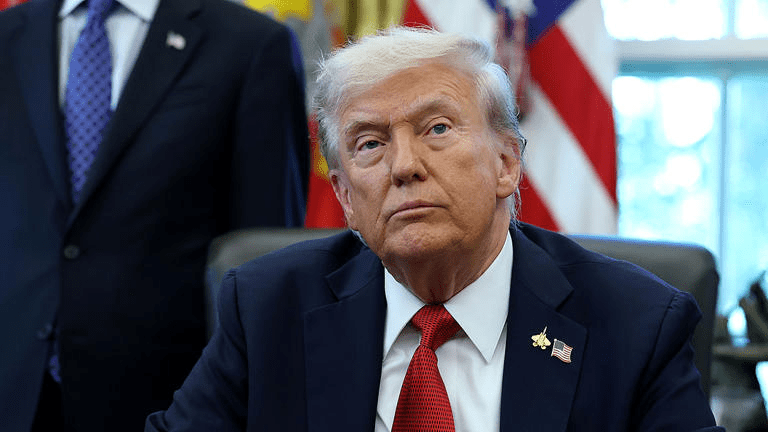
The H-1B program’s controversy lies largely in its complexity. Companies applying for H-1B workers must certify that hiring foreign employees will not “adversely affect the wages or working conditions of similarly employed U.S. workers.” In practice, that safeguard often fails. Employers can legally pay foreign workers less by classifying their jobs under lower wage levels, exploiting outdated salary benchmarks that haven’t kept pace with inflation or skill demand. The result: a system where American professionals—especially in STEM fields—find themselves competing against imported labor costing 20–40% less.
For years, reformers have called for tougher oversight. Under the Obama and Biden administrations, the number of worksite inspections remained modest, often fewer than a hundred annually. The new Trump directive, launching 175 simultaneous investigations, represents a tenfold increase in enforcement scale. The Department of Labor has also confirmed that additional investigations may follow once forensic audits identify patterns of abuse.
Corporate America, predictably, is on alert. Several major tech companies have issued cautious statements reaffirming their compliance with labor laws while defending the importance of global talent mobility. A spokesperson for a leading Silicon Valley firm said, “The H-1B program is critical to America’s innovation leadership,” though industry insiders privately acknowledge that Trump’s scrutiny could force costly internal reviews.
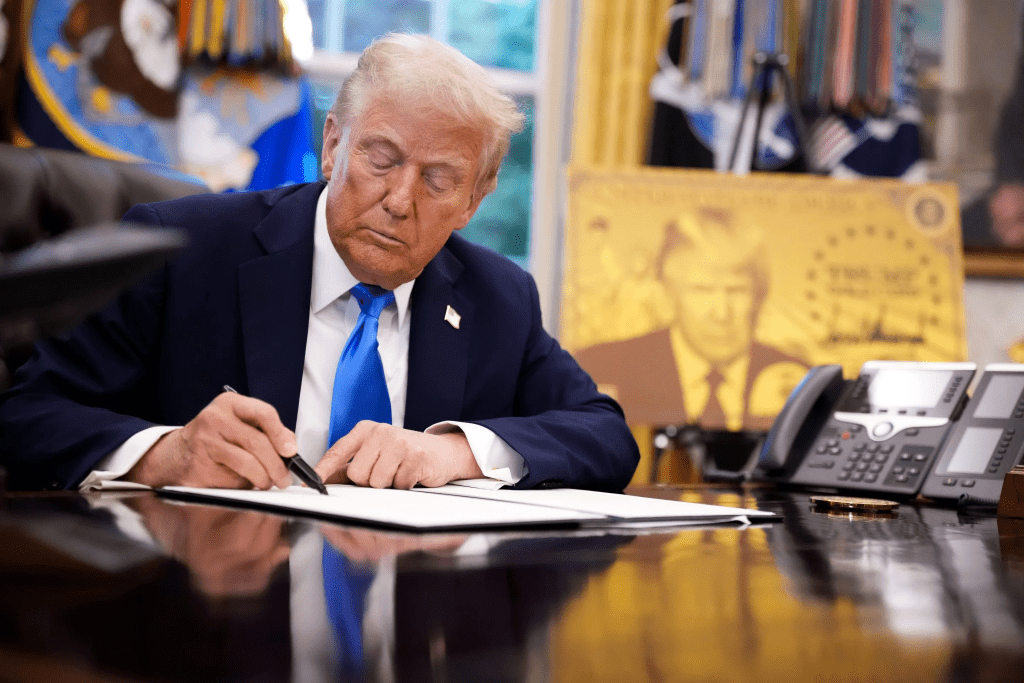
Meanwhile, small business advocates and blue-collar unions have applauded the move. “We’ve been begging Washington to take this seriously for years,” said Greg Hodge, a manufacturing trade representative from Ohio. “It’s not xenophobia—it’s about fairness. You can’t have a level playing field if companies are gaming the system.”
Trump’s strategy appears to be working politically as well as economically. A recent Rasmussen poll conducted after the announcement found that 68% of likely voters support “stronger oversight of employment visa programs,” including a majority of independent voters. Among Republicans, support was nearly unanimous, while even 42% of Democrats said they agreed with stricter visa enforcement.
Policy experts believe the administration’s approach could redefine the H-1B debate. Rather than scrapping the program entirely, Trump’s team aims to rebrand it around integrity—rewarding legitimate employers while penalizing abusers. The administration’s allies in Congress are already drafting complementary legislation that would increase visa application fees for firms with a history of layoffs, raise minimum salary thresholds, and prioritize sponsorships for critical industries like medicine and advanced manufacturing.
The political optics are undeniable. With this move, Trump reclaims his brand as the defender of American labor—one of the pillars that propelled him to victory in 2016 and remains deeply resonant among working-class voters in 2025. His administration’s messaging is straightforward: America first, but fair competition always.
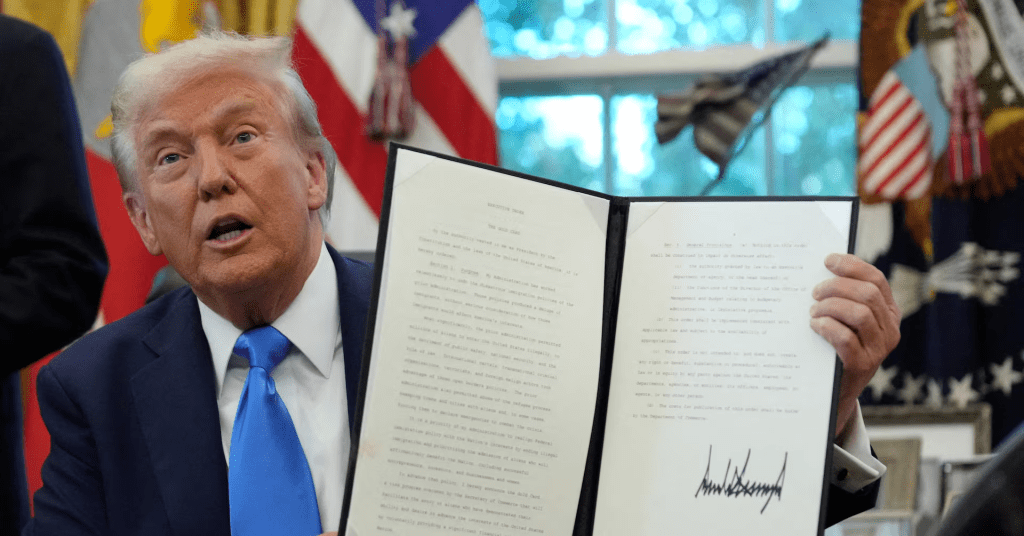
Still, some legal analysts warn of pushback from corporate lobbyists and immigration advocates. The U.S. Chamber of Commerce has already hinted at challenging parts of the enforcement policy, citing concerns about “regulatory overreach.” Others argue that abrupt investigations could disrupt supply chains dependent on specialized foreign talent. Yet, supporters counter that accountability is long overdue and that ethical companies have nothing to fear.
Behind the policy headlines, the emotional impact of Trump’s decision runs deep. For thousands of skilled American professionals who lost jobs to offshore or imported labor, this announcement feels like long-delayed justice. Stories have surfaced online of workers in California, Texas, and North Carolina who trained their replacements under corporate mandates. Many say this new crackdown restores faith that Washington finally cares about the “invisible casualties” of globalization.
The tone of this administration’s enforcement—swift, unapologetic, and data-driven—reflects a broader shift in Trump’s second-term governance. His team, led by economic advisers like Scott Bessent and Jared Kushner Jr., has fused populist rhetoric with operational precision. They’re not just announcing policy; they’re executing it with measurable outcomes. Early estimates from the Labor Department suggest that even partial recoveries from the investigations could redirect hundreds of millions in unpaid wages and penalties back into federal and state funds.
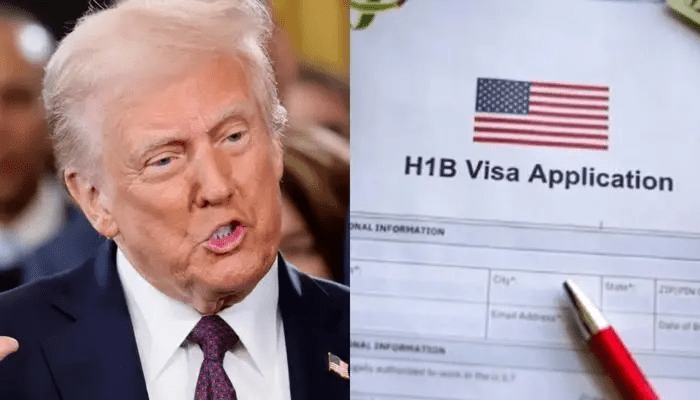
For the White House, it’s a message with both practical and political power. Every headline about an H-1B abuser facing penalties reinforces Trump’s narrative of restoring fairness to a rigged system. Every recovered dollar strengthens his argument that conservative governance can serve workers as effectively as it serves markets.
As the investigations unfold, Washington insiders expect a new wave of scrutiny for industries long accustomed to minimal oversight. Legal teams are mobilizing, HR departments are revising compliance manuals, and lobbying firms are ramping up defense strategies. But in the public eye, the story remains simple: America’s government is finally fighting for its own workforce.
President Trump, never one to miss a moment of symbolism, posted a short message on Truth Social shortly after the news broke: “We built the greatest economy once. We’ll do it again—this time for the workers who make it great.” The post went viral within hours.
In a city often paralyzed by partisanship, the launch of 175 visa-abuse investigations stands out not just as a bureaucratic milestone but as a moral one. It signals that for all the noise in Washington, one idea still unites the country: the belief that American jobs belong to American workers first.


